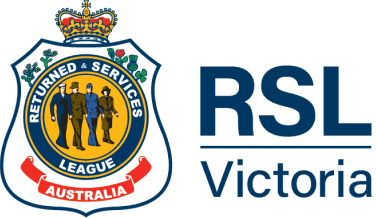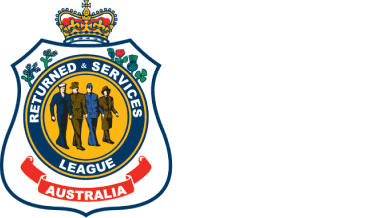Photography: Meg Gannon
RSL Victoria has marked its first International Women’s Day (IWD) event, to celebrate the many and varied contributions that women have made in service to the country.
The morning also aimed to inspire ongoing recognition of the importance of female participation in all aspects of the work force, especially across the RSL Victoria network.
Women make up over 84,000 of RSL Victoria membership and hold multiple important and impactful positions within the ex-service organisation, from volunteering to senior leadership.
Under this year’s IWD theme of ‘Inspiring Inclusion’, three guest speakers, in conversation with RSL Victoria’s Chief Executive Officer Sue Cattermole, shared their own stories of service and experiences in the ADF.
Colonel Jan McCarthy ARRC Retd. started her nursing career in 1958, then enlisted in the Army in 1966 and served for 26 years. During her service, she deployed to Vietnam, where she was the theatre nurse in the first Australian field hospital at Vung Tau.
Jan shared that it was toward the end of her service that she started to see positive change for females in service.
“I was on 80 per cent of the male wage. I always said that one in five years I worked for nothing for the army.”
It was in 1978 that Jan said this all changed when equal pay was introduced.
Before her retirement in 1992, Janice was appointed Colonel, Matron-in-Chief/Director of Nursing Services of the Royal Australian Army Nursing Corps.
Lieutenant Colonel Andrea McMahon joined the Army in 1983, where she advanced to the role of Commanding Officer of Army Bands across Australia.
Andrea deployed to the Solomon Islands, Bougainville, Iraq and Afghanistan, performing to Defence personnel.
She recalled the sometimes-sexist antics of her fellow service men but is optimistic that those days have been left far behind.
“I was told by a senior person just after I commissioned, that he would respect my rank, but he didn’t respect the fact that I was a woman.”
Early on, she also felt the need to prove her work in the ADF and emphasise the importance of military music.
“A very contrite Major rang me after we travelled into a remote town and he said, ‘now I understand the power o music and what it can do in assisting our relationships with everybody in our own country, but certainly internationally as well’.”
Andrea now works as a Welfare Officer at Simpson Barracks.
Dr Kirsty Harris enlisted in 1978 and served in the Australian Army for 10 years full time and five years in the Reserves in Royal Australian Signal Corps.
“It was an interesting time as the Army really made moves to include women in various ways over the next 10 years.”
She remembers being up against the social stigma of what, at the time, seemed to be acceptable treatment of females in service.
“I wasn’t there to get married or be an adornment. In those early days, if you were a woman and there was dining night, we always had to act as stewardesses and we had to dress up in nice frocks and hand out meals to male officers. And we had to clean their rooms. I’d be thinking, ‘I didn’t join to do this!’”
At one stage, she attempted to apply for a role within the SAS, and her application was rejected.
“I didn’t realise there were so many barriers to women actually going into combat roles and combat positions.”
Yet she made strides as a female in other ways, posted as the first female Platoon Commander at Kapooka.
While it was a significant breakthrough for the progress of women, Kirsty said it was a big learning curve for all involved.
“When I rolled up there, the staff had all been told that women were to undergo the same training as men. There were some details that needed to be ironed out…they thought they’d do a short-arm inspection on the first night as they did with all male recruits, so I advised them that didn’t work for women! They had plans to take the women to have their heads shaved. Again, I said, I think you might have a large discharge rate on the following day.”
Kirsty has a PhD in history and is currently writing her second book, with her research interest including women in service.
RSL Victoria State President Dr Robert Webster OAM said the RSL is committed to working towards even greater inclusivity for women.
“Veterans and their families are at the very heart and purpose of our work. We cannot effectively advocate for them, or their needs, or their goals, without embracing diversity and continuing to push for greater inclusivity for all our members and for the entire veteran community of this state.”

